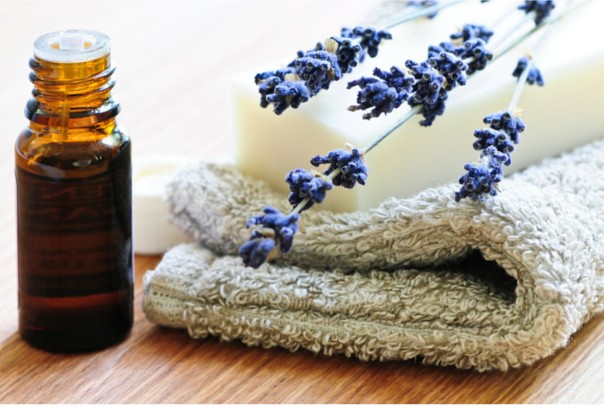Some studies have shown a possible decreased release of melatonin in the brain among people who use a mobile phone for more than 25 minutes a day. Reduced melatonin could explain why some studies have shown a relationship with sleep disturbance and cell-phone use. But melatonin is also a free-radical scavenger and an anti-oxidant and this could also link cell phone use with cancer and other types of cellular damage. One study of electrical workers observed a link between reduced melatonin and an increase in a type of protein associated with Alzheimer’s disease. Burch J, Reif J, Noonan C, et al., “Melatonin metabolite excretion among cellular telephone users,” International Journal of Radiation Biology 78: 1029–1036 (2002); Noonan C, Reif J, Burch J, et al, “Relationship between amyloid beta protein and melatonin metabolite in a study of electric utility workers,” Journal of Occupational and Environmental Medicine 44: 769–775 (2002).
Dan Kenner, Ph.D, L. Ac. writes a quarterly column for Health Freedom News called Health Bits and Pieces.
Melatonin Extra (60 caps) Stock #2830-4
(Ingredients: 3 mg melatonin, 30 IU vitamin E, ginkgo leaf and leaf extract, and eleuthero root)


